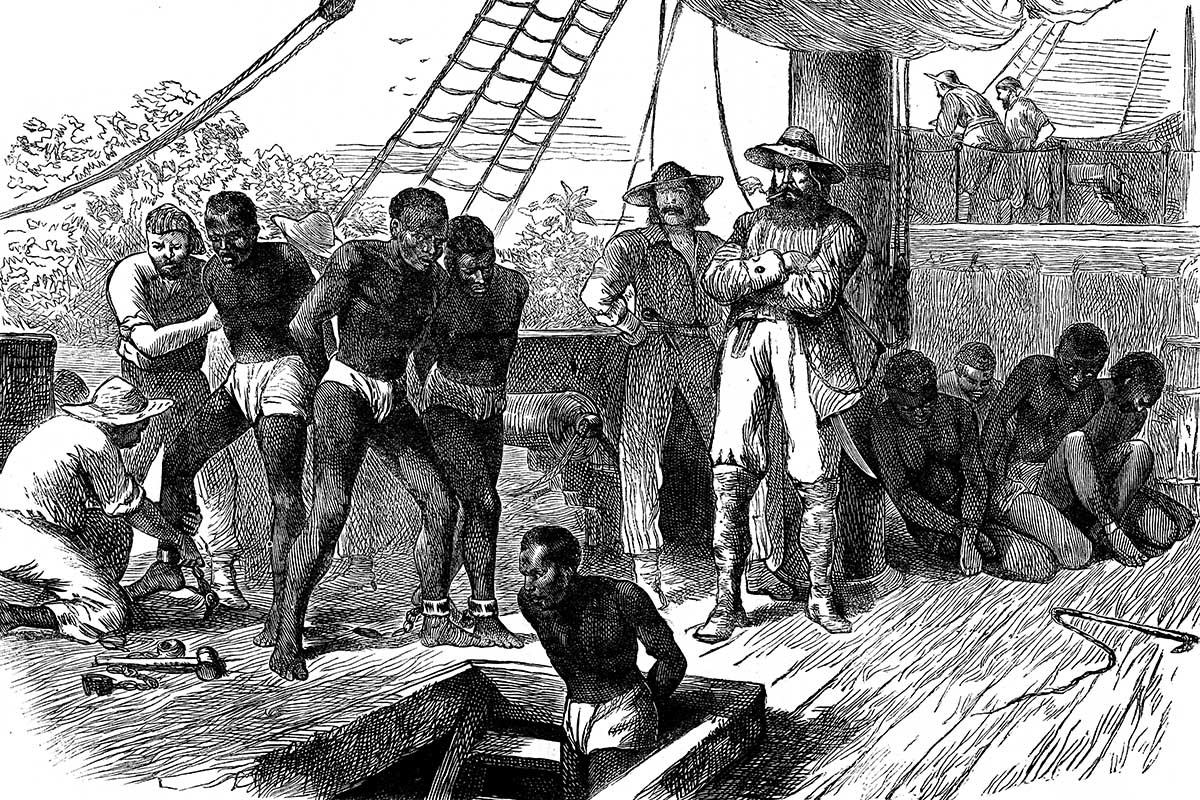“Volunteerism as a relief to unemployment”
April 11th, 2016 Finding employment after graduation is a daunting challenge, but Joshua Orawo, 26, a Commonwealth Correspondent from Kenya, says a record of volunteer experience can help.
Finding employment after graduation is a daunting challenge, but Joshua Orawo, 26, a Commonwealth Correspondent from Kenya, says a record of volunteer experience can help.
The education system in Kenya and most African countries has been criticised on various occasions as focusing on producing employment oriented people as opposed to job creators and potential employers.
What the critics have failed to point out is that there existed no ‘formal’ education in Africa prior to the scramble for and partition of Africa into colonies, which led to among other things the introduction of what has come to be known as ‘formal education.’ As such I do not believe the problem is with the African education system. Such a narrative is misleading, because when one talks about an African education system, they refer to the African way of passing on knowledge that has now been rendered outmoded by western civilization. But that is not the purpose of my article, and so I will not dwell there.
To a young African leaving the university or middle-level college, it is not tragic enough that he cannot stand independently and apply his learning to earn a decent living for himself and the community that took him to school, as is always the case in the African context where the child is still regarded widely as belonging to the community, because the system has trained him to become a ‘good’ employee in a context with no ready jobs for graduates. What such a system does in effect is unleash job-seekers!
A major disappointment that awaits the African youth as soon as he steps into the job market with all his skills and learning is employers’ obsession with the requirement for job experience for all positions, including internship positions. Employers’ insistence on job experience for those joining their establishments is justifiable in a highly competitive economy where everyone’s focus is on maximizing returns and reducing operating costs, including those that could have been used in capacity building new employees
But the brunt of such insistence is felt by the African graduates who are locked out of employment because they do not meet the qualification on experience. We end up with brilliant, high potential, but desperate job-seekers willing to bend to whichever low to secure their living. For such youth, every opportunity is good opportunity as long as the end result is that he has food on his table. They drop application letters to all relevant and irrelevant employment agencies because they have to earn a living somewhere.
The problem of youth unemployment in the African context can only be addressed by the said youth. One way of addressing the chronic unemployment, particularly as relates to lack of job experience, is by embracing volunteerism. The African youth must deliberately and consciously embrace volunteerism, if not for anything, for the sake of gaining the experience requisite for employment. Such volunteerism does not have to be in those highly hailed multimillion dollar companies and international organizations because ironically, even volunteerism in some of those establishments requires work experience. Volunteerism is volunteerism regardless of the size and age of the establishment where it is undertaken. What matters is the motivation behind the act and what it (the act) seeks to achieve.
One does not have to wait till after college to start volunteerism. There exist several breaks between college semesters that students can make use of by taking part in active volunteerism, and they can record this in their CVs as work experience. When employers interview prospective workers, they are not so much about whether the experience presented by the job seeker was gained out of active employment or volunteerism; rather they are about how the experience is relevant to the position sought.
This is why volunteerism is an equal experience provider that the youth must consider, even as they prepare to join the job market. Volunteerism in this context is a means to an end and not the end in itself. This must not be lost to the youth that take this route. Where one can volunteer is not an honest concern. The youth, right from high school graduates, just need to look around and see the many opportunities for volunteerism: the orphanage that needs a data entry clerk, the home for the old that needs a translator, the community dispensary that lacks lay-attendants; one can never exhaust the list. A problem sets in only when we get picky about volunteerism choices.
Photo credit: http://mrg.bz/Ch46lL
…………………………………………………………………………………………………………………
About me: A community-mobilizer, youth activist and laws graduate, I am the Executive Director of Intreach Community, a civil society organisation involved in philanthropy for impoverished children and other under-served societal groups. I work towards all inclusive political leadership, where the youth, women and children can voice their concerns without fear and where equality and mutual respect thrive; and a society where fundamental human rights are revered.
…………………………………………………………………………………………………………………
Opinions expressed in this article are those of the author and do not necessarily represent the views of the Commonwealth Youth Programme. Articles are published in a spirit of dialogue, respect and understanding. If you disagree, why not submit a response?
To learn more about becoming a Commonwealth Correspondent please visit: http://www.yourcommonwealth.org/submit-articles/
…………………………………………………………………………………………………………………




